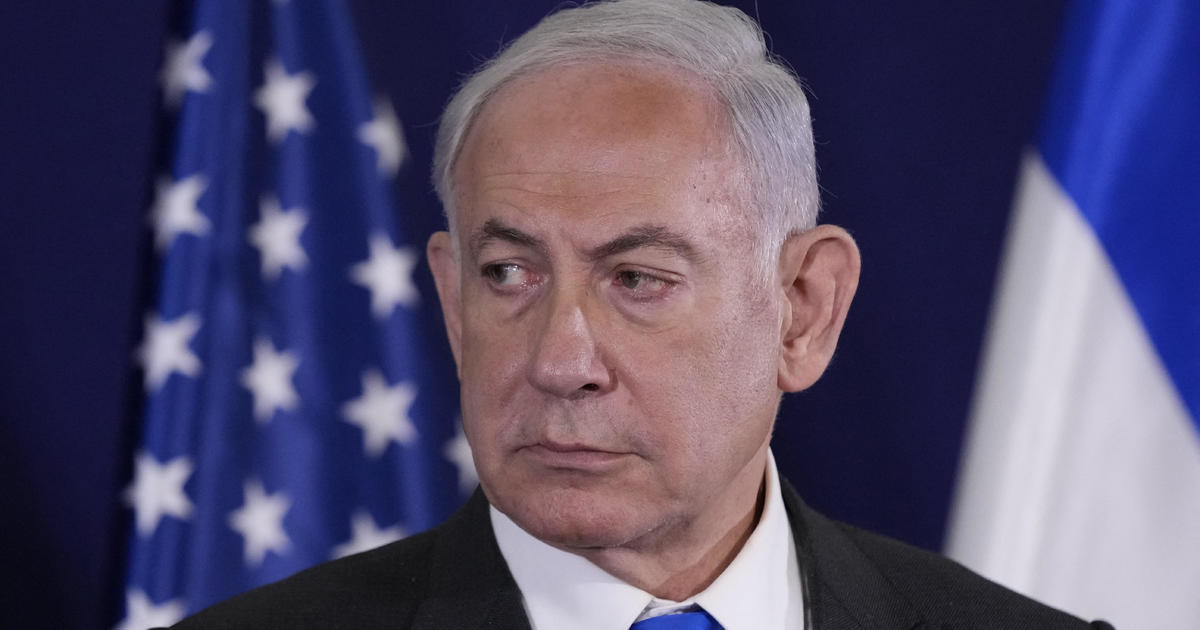Israeli Prime Minister Benjamin Netanyahu has announced that he will not send a delegation to Washington after the U.S. refused to veto a United Nations Security Council resolution calling for an immediate cease-fire in Gaza. The resolution, passed on Monday, calls for a cease-fire during the Muslim holy month of Ramadan and demands the unconditional release of hostages held since a terror attack by Hamas on Oct. 7. Netanyahu’s office criticized the U.S. abstention from the vote, calling it a “clear retreat” from previous U.S. positions on the Israel-Hamas conflict.
In response to Israel’s decision, the U.S. State Department expressed surprise and disappointment, stating that while they had concerns about the resolution not condemning the terrorist attack, they did not veto it because the call for a cease-fire and the release of hostages aligns with U.S. policy. White House spokesman John Kirby emphasized that the U.S. abstention does not represent a shift in policy and reaffirmed the country’s support for Israel, including providing weapons systems for defense. The cancellation of the delegation has led to tensions between the two allies over the situation in Rafah, where displaced Palestinians are seeking refuge.
The rift between the U.S. and Israel has grown amid disagreements over the Israeli military’s plans for an operation in Rafah. The Biden administration has supported Israel’s right to defend itself in response to the terrorist attack but has urged restraint in Rafah due to the humanitarian crisis there. While Israel insists on proceeding with its operation to destroy remaining Hamas battalions in Rafah, the U.S. has expressed concerns about the impact on the civilian population and the lack of a clear plan to address their needs. Israeli Defense Minister Yoav Gallant is still scheduled to visit Washington for meetings with top U.S. officials, although these will be separate from the now-canceled delegation discussions.
The U.S. continues to emphasize its support for Israel’s security and defense capabilities, despite the recent disagreement over the Security Council resolution. The Biden administration’s stance on the conflict remains consistent, with a focus on promoting a peaceful resolution and addressing the humanitarian crisis in Gaza. The cancelation of the delegation and the ongoing tensions between the U.S. and Israel highlight the complexity of the situation and the challenges of finding a path toward peace and stability in the region. Netanyahu’s decision not to send a delegation to Washington reflects the strained relationship between the two allies but does not signal a complete breakdown in their long-standing partnership.









